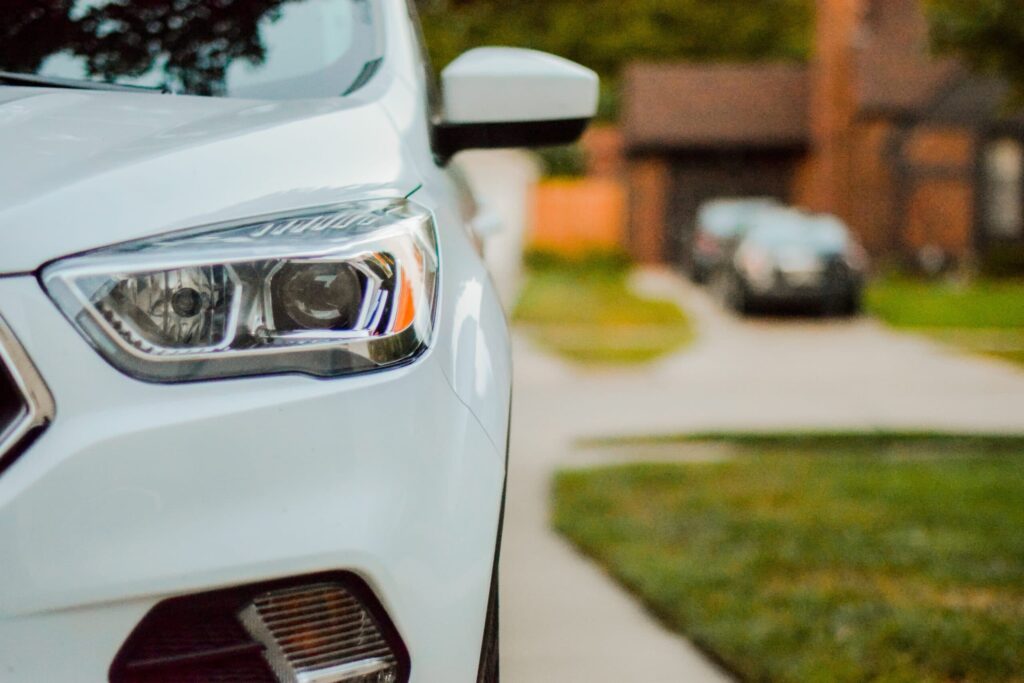As a young adult driver, knowing the importance of car insurance and the different types of coverage options available is essential. Two popular types of coverage are comprehensive and collision. Each type serves a specific purpose and offers different levels of protection. In this blog post, we will discuss the differences between comprehensive and collision coverage to help you make an informed decision when choosing car insurance.
Comprehensive Coverage & Collision Coverage Defined
Comprehensive coverage provides protection against non-collision damages to your vehicle. This includes damage from natural disasters such as floods, wind, hail or theft, vandalism, or even hitting an animal.
Collision coverage protects your car against damages from a collision accident, regardless of who is at fault. Collisions may include accidents with other vehicles, stationary objects, or if you drive off the road. Collision coverage can help cover repairs or vehicle replacement after an accident.
These types of coverages are meant to cover the cost of repairing or replacing your car if it is damaged due to non-collision or collision causes, respectively, and do not provide protection from damage to other vehicles.
So, what’s the difference between comprehensive and collision coverage?
The primary distinction between comprehensive and collision coverage is what caused damage to your vehicle. Comprehensive coverage pays for damage to your car caused by things other than a collision, while collision coverage pays for damage from an actual collision with another vehicle or stationary object. As for costs, comprehensive coverage is typically the cheaper of the two options. However, the prices will vary depending on various factors, including your vehicle’s value, where you live, your insurance company, and more.
What should you consider when choosing between the two coverage options?
Both comprehensive and collision coverage are beneficial. But deciding between the two options ultimately depends on what’s most important to you and your budget. Comprehensive coverage is a good option if you’re concerned about the damage caused by theft, natural disasters, or other non-collision events. If, however, you’re primarily worried about the high cost of repairing or replacing your car in the event of an accident, collision coverage is the better choice.
It’s worth noting that many insurance providers offer policies combining comprehensive and collision coverage with stated mandated coverages—such as liability coverage—typically called “full coverage.” Full coverage policies typically offer better value as they provide protection for a wider range of risks. However, it is important to state that “full coverage” for auto insurance does not automatically mean that all possible risks are covered. While a full coverage policy typically provides greater protection against a wider range of risks, there may still be some gaps in coverage.
Choosing the right car insurance coverage can be daunting for a driver. Understanding the difference between comprehensive and collision coverage is a crucial first step in making an informed decision. Comprehensive coverage protects against non-collision damages, while collision coverage protects against collision accidents. You can purchase “full coverage,” which includes both options for broader protection. Remember, your coverage choice depends on your circumstances, and it is essential to assess your needs before making a final decision.

